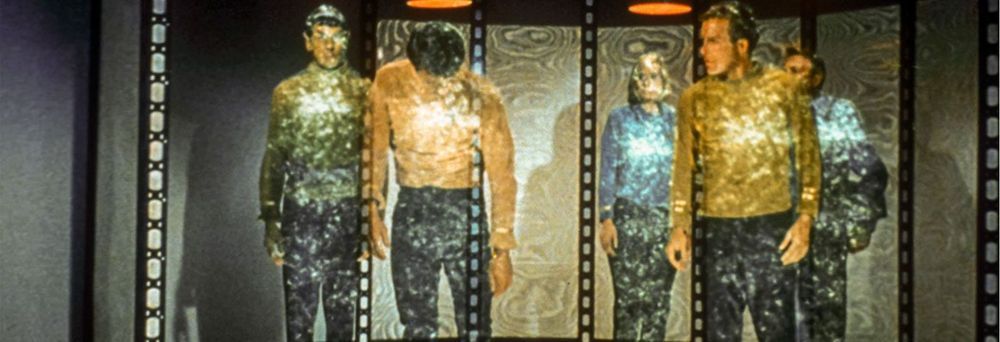Between the rolled eyes, shrugged shoulders, jazzed hands and warbling vocal inflection, it’s not hard to tell when someone’s being sarcastic as they’re giving you the business face to face. Online, however, you’re going to need that SpongeBob meme and a liberal application of the shift key to get your contradictory point across. Lucky for us netizens, DARPA’s Information Innovation Office (I2O) has collaborated with researchers from the University of Central Florida to develop a deep learning AI capable of understanding written sarcasm with a startling degree of accuracy.
“With the high velocity and volume of social media data, companies rely on tools to analyze data and to provide customer service. These tools perform tasks such as content management, sentiment analysis, and extraction of relevant messages for the company’s customer service representatives to respond to,” UCF Adjunct Professor of Industrial Engineering and Management Systems, Ivan Garibay, told Engadget via email. “However, these tools lack the sophistication to decipher more nuanced forms of language such as sarcasm or humor, in which the meaning of a message is not always obvious and explicit. This imposes an extra burden on the social media team, which is already inundated with customer messages to identify these messages and respond appropriately.”
As they explain in a study published in the journal, Entropy, Garibay and UCF PhD student Ramya Akula have built “an interpretable deep learning model using multi-head self-attention and gated recurrent units. The multi-head self-attention module aids in identifying crucial sarcastic cue-words from the input, and the recurrent units learn long-range dependencies between these cue-words to better classify the input text.”








